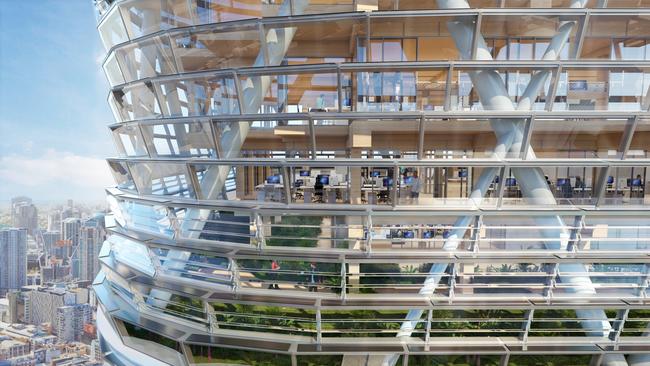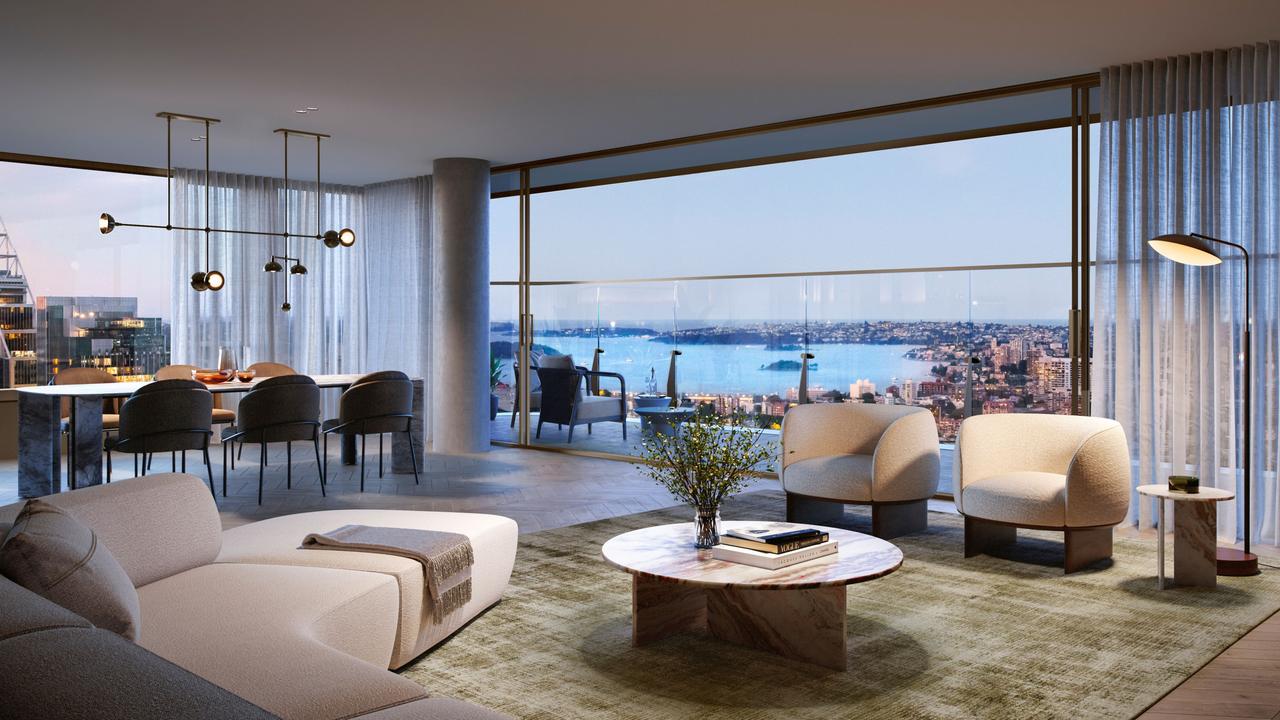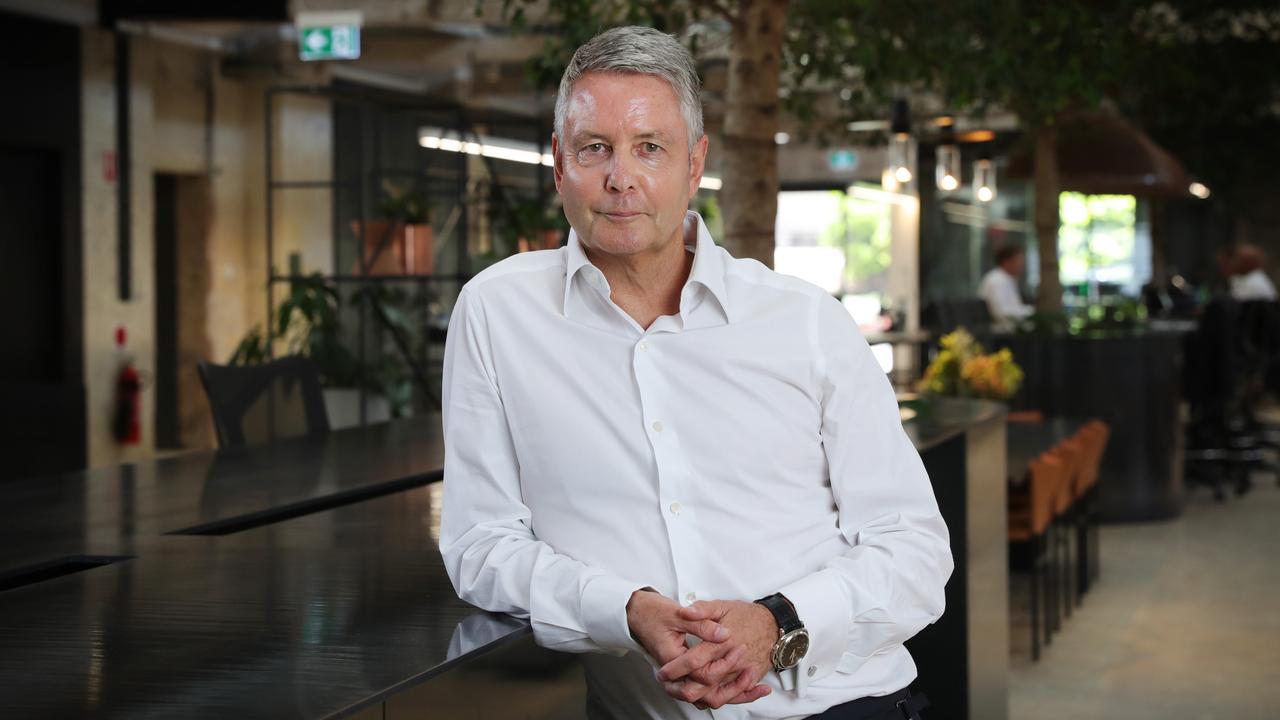Dexus seals $1.4bn Atlassian tower deal as cities bounce back
The software giant is but one of a series of technology companies looking to put their stamp on the city as workers return.

Property heavyweight Dexus has inked its deal with software giant Atlassian to fund, develop and invest in the tech giant’s new headquarters in Sydney.
The timber tower adjacent to Central station will cost about $1.4bn and slices that the developer plans to offer in the completed tower will show its end value at an even higher level.
The building is a key part of the NSW government‘s Tech Central precinct, where developers Dexus and Frasers also have another major complex planned as does the private Toga.
Other companies are chasing space in the area or putting up plans to develop in the new tech-related districts around the station.
The move with Atlassian follows Dexus entering into binding terms to provide a framework for the deal which was first announced last July.
The site at 8-10 Lee Street will be transformed into a development spanning about 75,000sq m and will comprise a market-leading sustainable 40-level office tower, with retail amenities and new YHA accommodation space at its base, as well as new public realm around Central station.
Atlassian will occupy the offices under a 15-year lease. Dexus has worked with the software giant to develop the design and progress negotiations, including working with the NSW government.
Dexus will fund project costs during construction through debt facilities and will retain an estimated 60–65 per cent equity interest in the asset on completion after refinancing and a partial return of capital.
It may also look to introduce third party capital into the project prior to completion and sources expect it will smash any benchmarks as offshore buyers will chase exposure to the landmark site.
Atlassian will retain an estimated 35–40 per cent interest in the asset when it is finished in 2026.
Dexus chief investment officer Ross Du Vernet said the “unique project will catalyse Sydney’s innovation and technology precinct, Tech Central, and set a new global benchmark in sustainability and smart workplace that challenges the status quo”.
The project signals Atlassian’s commitment to the city even though it is taking a flexible approach on returning to work. The broader shift back to the office has been hampered by emerging Covid variants, along with recent deluges in Queensland and NSW, but there is still a positive trend.
JLL managing director, accounts Australasia, Ben Tindale, says “there is still a gradual increase in people returning to work, especially after schools reopened and pupils returned“.
“Despite the weather, we are noticing people are starting to organise events in their offices, be it team offsites, back to office events or creative activities,” he says.
Some government workers are moving to a hub and spoke model – to allow for workers to attend different locations – while many corporates are creating centralised hubs.
“They are investing in their main corporate offices but closing outlying offices in favour of hybrid or office/home working models. The central office remains king and is increasingly the destination for collaboration and creativity,” he says.
Mr Tindale says some tech companies are favouring working from home, but there tends to be a mix of in office time. He says that office standards have also evolved along with the pandemic. “We are seeing a flight to quality premises, with enhanced fit-outs,” he says.
There is strong tenant demand in Sydney CBD showing as businesses are looking to occupy more office space. Tenants looking for digs include Zip Money and the NSW government with a brief of up to 30,000sq m, which could spark a new tower.
JLL analysis of tenant briefs in the market for January and February showed that Sydney accounts for 60 per cent of briefs across Australia in that period, with 32 briefs in January alone, in a return to pre-pandemic levels.



